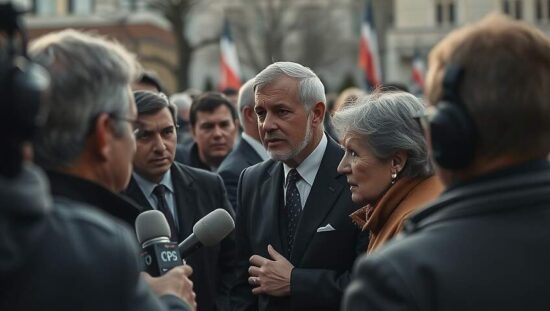The French Court of Cassation, the nation’s highest appeals court, has definitively upheld the conviction of former President Nicolas Sarkozy for illegal campaign financing, marking a significant and politically charged development in French legal history. The ruling, delivered Wednesday in Paris, rejects Sarkozy’s appeal against the 2024 verdict, which imposed a one-year prison sentence for overspending during his unsuccessful 2012 re-election campaign.
While six months of the sentence were suspended, potentially punishable by alternative measures such as electronic monitoring, the confirmation of the conviction underscores a continuing scrutiny of political accountability and financial transparency within the French system. Sarkozy, who served as President from 2007 to 2012, has faced a series of legal challenges since leaving office, further diminishing the legacy of his presidency.
Just last month, Sarkozy spent twenty days incarcerated following a separate conviction related to allegations of receiving covert funds from the late Libyan leader Muammar al-Gaddafi for his victorious 2007 presidential campaign. This previous imprisonment established him as the first post-war French head of state to serve a prison term – a deeply symbolic fall from grace that this latest ruling only reinforces.
The current case centers on accusations that Sarkozy’s political party colluded with a public relations firm to conceal the true costs of the 2012 campaign. Prosecutors contended that Sarkozy’s party spent approximately €43 million, almost double the legal limit of €22.5 million. Although not directly implicated in the alleged double-billing scheme, Sarkozy was found to have benefited from the illicit funding, rendering him accountable under French law.
The case has reignited debate concerning the permissible boundaries of political spending and the effectiveness of campaign finance regulations. Critics argue the charges, regardless of their political implications, highlight systemic vulnerabilities within the oversight of election finances and question whether those in positions of power are held to sufficiently stringent standards of financial responsibility. The outcome is likely to fuel ongoing discussions about the role of money in French politics and the perceived erosion of public trust in political institutions.





